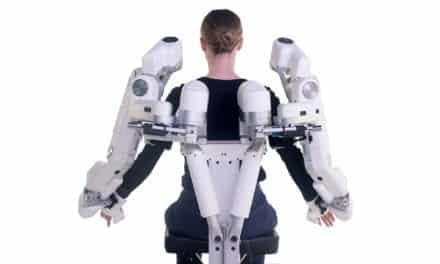Constant Therapy, Boston, reports that it has officially launched its iPad rehabilitation solution, engineered for patients seeking to improve brain function or to be used in conjunction with a clinician as part of therapy. Constant Therapy is a developer of cloud-based mobile solutions designed to allow individuals with cognitive, language, communication, and learning disorders to access science-based brain therapies anywhere at anytime.
A news release from Constant Therapy notes that the mobile solution is built to blend research about brain plasticity and rehabilitation from Boston University, as well as other leading institutions. Additionally, the solution offers a self-learning algorithm, leveraging a comprehensive brain performance database for individuals with brain-impairment.
Veera Anatha, co-founder and CEO, Constant Therapy, notes that rather than replicating standard brain exercises and flashcards, “the application’s NeuroPerformance Engine creates a highly customized and detailed map of each user’s strengths and deficits across 50 different categories. The solution then delivers the optimum combination of exercises that are uniquely tailored to each user’s deficit profile. Furthermore, as people use the system, it continuously measures their performance and encourages constant user progress with fresh and engaging content,” Anatha explains.
According to the release, the iPad solution is now in use nationwide by patients in nationally recognized healthcare institutions, including Spalding Rehabilitation Hospital, The Stroke Comeback Center, and Moss Rehab Aphasia Center.
Constant Therapy is intended to allow brain injury and stroke survivors access to effective brain rehabilitation, paving the way to improvement and allowing them to take control of their rehabilitation. Therapists are reportedly able to monitor patients’ progress, even while the patients are using the app at home. The release notes that some have also used it for tele-therapy.
The solution’s therapy tasks are based upon the latest research, the release adds, and feature 58 tasks and more than 12,000 exercises.
[Source: Constant Therapy]




